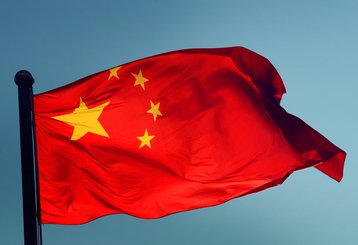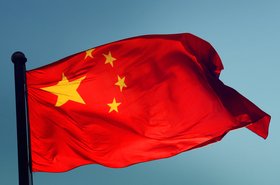China’s Ministry of Industry and Information Technology (MIIT) has reportedly given approval to 13 foreign companies to enter the telecoms sector.
According to a report from the Xinhua News Agency, the companies will be permitted to offer value-added services, such as Internet access and information services in Beijing, Shanghai, Hainan, and Shenzhen.
The MIIT first launched the pilot project in October last year, opening the doors to foreign-owned data centers, after initially mooting the plan in April 2024.
As of the end of February, the report said the MIIT has given the green light to more than 2,400 foreign telecom enterprises, up 30 percent year-on-year.
The policy allows foreign investors to operate wholly-owned businesses such as Internet data centers and to engage in data processing within the four cities.
The investors will also have access to China’s cloud computing and computer power services.
Companies include T-Systems P.R. China Ltd and Siemens Digital Technology, as well as Airbus China.
Li Wenfang, vice president of T-Systems P.R. Ltd, said: “We can better integrate global resources, enhance technological innovation and service capabilities, and provide higher-quality solutions and services for multinational corporations, as well as industries operating in China such as the manufacturing and automotive industries, thereby leading more German companies to enter the Chinese market.”
According to Developing Telecoms, Tesla and HSBC Fintech Services (Shanghai) are also planning to participate in the pilot.
China has said the policy is an inclusive, investor-friendly alternative for overseas players in light of “simmering global trade tensions and a global surge in protectionism.”
Last month, the Ministry of Commerce and the National Development and Reform Commission announced plans to stabilize foreign investment in 2025, including plans to open the telecoms VAS market and introduce similar pilots in biotechnology sectors.
This comes as the Trump administration enacted a 10 percent hike on Chinese imports last Tuesday. China has responded with tariff increases of 10 to 15 percent on US agricultural imports.







